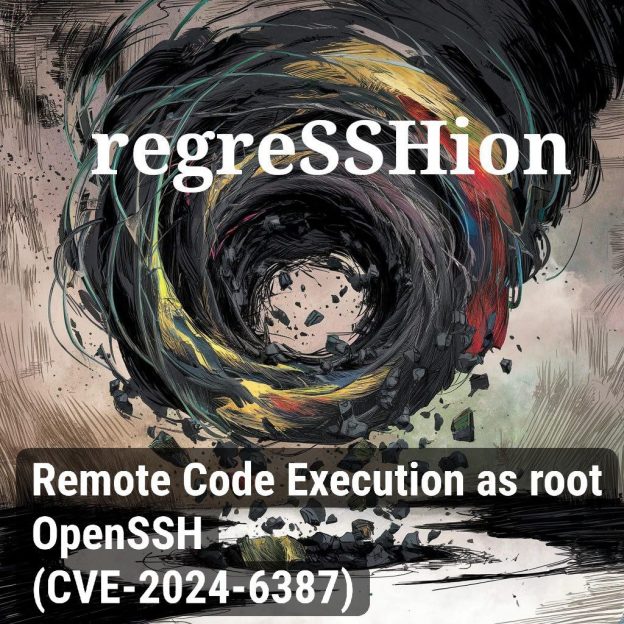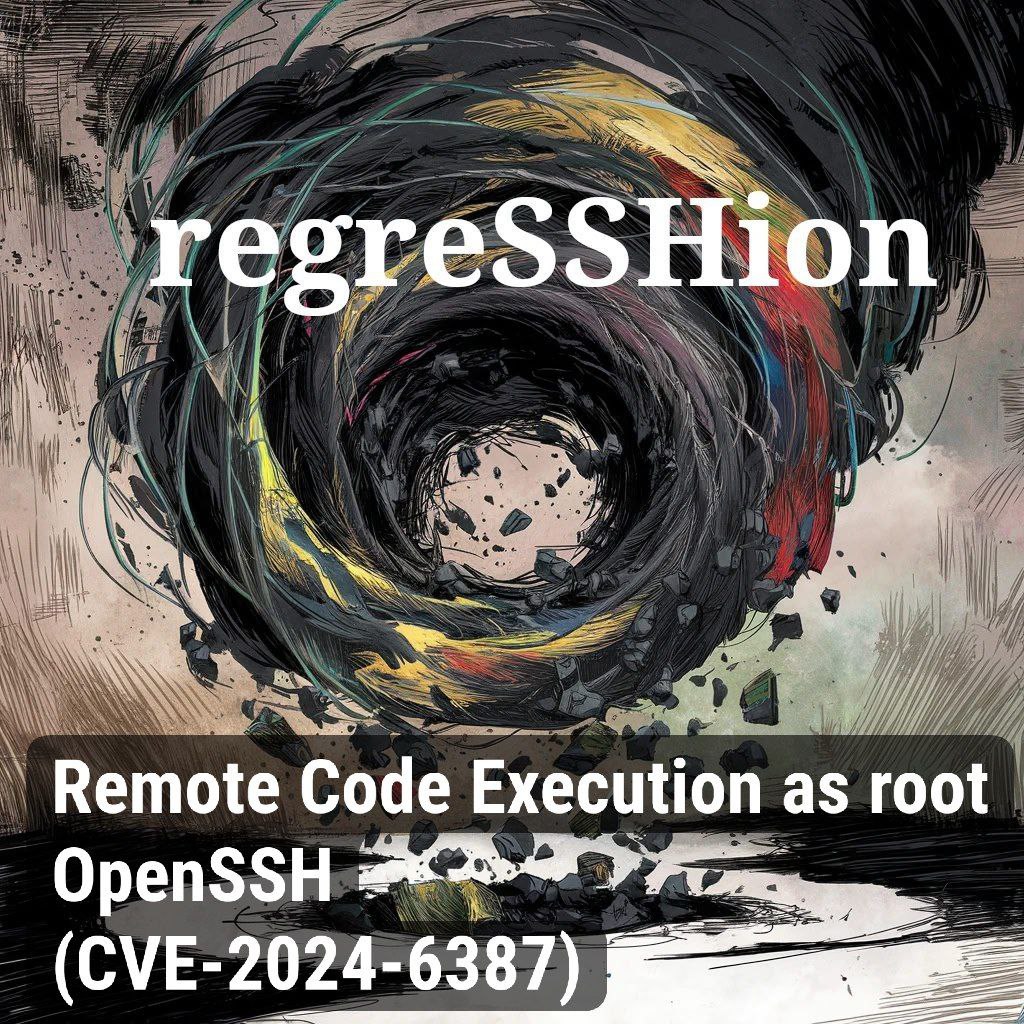
July Linux Patch Wednesday. There are 705 vulnerabilities, of which 498 are in the Linux Kernel. There are no vulnerabilities with signs of exploitation in the wild yet, 11 have public exploits.
🔻 RCE – OpenSSH “regreSSHion” (CVE-2024-6387) is in the absolute top with many variations of exploits on GitHub. Mind the malicious fakes (❗️). I will also mention a similar vulnerability RCE – OpenSSH (CVE-2024-6409) with no exploits yet.
🔻 Public PoC links for DoS in Suricata (CVE-2024-38536) and QEMU (CVE-2024-3567).
According to BDU, public exploits exist for:
🔸 AuthBypass – RADIUS Protocol (CVE-2024-3596), it was also fixed in the July MSPT
🔸 Security Feature Bypass – Exim (CVE-2024-39929) – mime_filename blocking bypass, as well as in Nextcloud (CVE-2024-22403) – eternal OAuth codes
🔸 DoS – OpenTelemetry (CVE-2023-45142)
🔸 Memory Corruption – 7-Zip (CVE-2023-52168)





